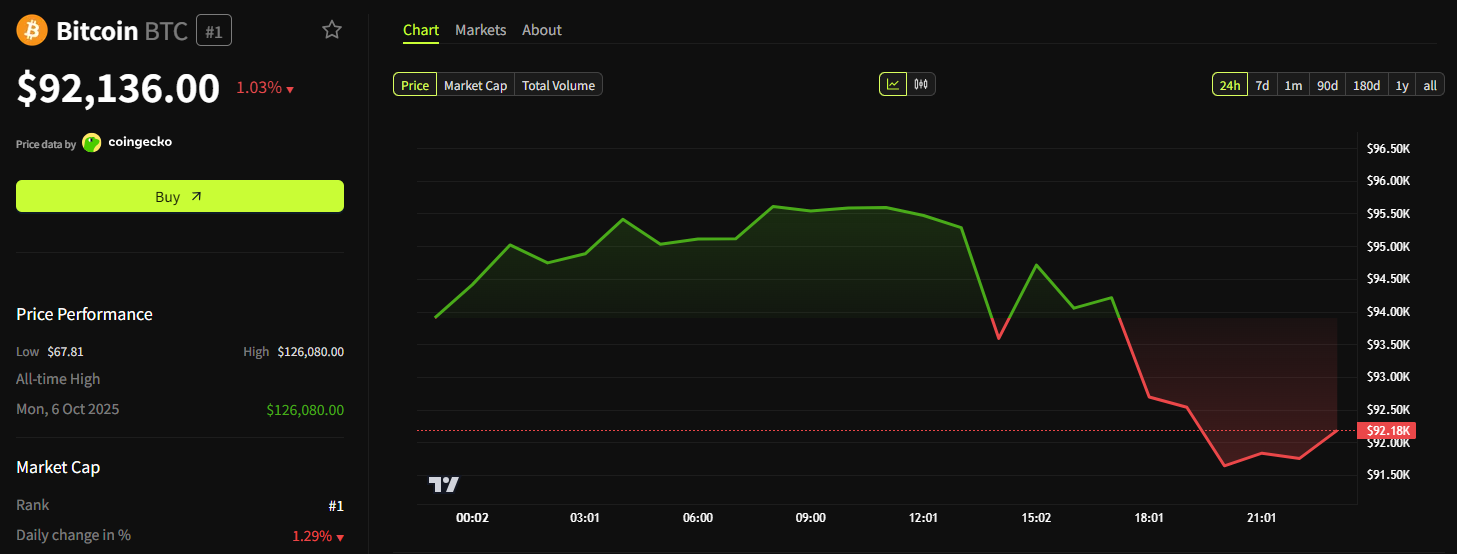Bitcoin News Update: Japan Strives to Foster Crypto Innovation While Enhancing Investor Safeguards Amid Regulatory Reforms
- Japan will reclassify cryptocurrencies as financial products under FIEA, enhancing investor protections and aligning with traditional securities regulations. - FSA proposes 20% capital gains tax, strict insider trading rules, and mandatory disclosures for 105 tokens to mitigate risks and ensure transparency. - Exchanges must provide detailed issuer and blockchain data, while banks may soon hold Bitcoin , reflecting Asia's push for tokenized finance infrastructure. - Regulatory challenges include complian
Japan Plans to Redefine Crypto as Financial Assets, Introduces Insider Trading Regulations
Japan is preparing to categorize cryptocurrencies as financial assets under the Financial Instruments and Exchange Act, aiming to strengthen investor safeguards and bring digital currencies under the same regulatory framework as conventional securities. The Financial Services Agency (FSA)
With this change, cryptocurrencies will be regulated similarly to equities and bonds, obligating exchanges to share comprehensive data about token issuers, blockchain infrastructure, and volatility indicators.

This regulatory initiative comes as Japan emerges as a major center for cryptocurrency,
Japan’s regulatory strategy also covers institutional adoption. The FSA is evaluating whether to permit banks to hold Bitcoin and operate as crypto trading platforms, a move that could broaden investment options and help stabilize the market. This is in line with wider trends in Asia, where Japan, Hong Kong, and Singapore are building out tokenized financial infrastructure. Japan’s focus on hardware-based custody and cold wallet protocols,
Implementing these regulations will present challenges, such as increased compliance costs for exchanges and the risk of market segmentation. Nonetheless,
Disclaimer: The content of this article solely reflects the author's opinion and does not represent the platform in any capacity. This article is not intended to serve as a reference for making investment decisions.
You may also like
Cardano Pushes RealFi to the World: Hoskinson Says It Will Change Finance Forever
Quick Take Summary is AI generated, newsroom reviewed. RealFi connects blockchain to real-world finance and targets the unbanked in Africa and beyond. Atala PRISM gives users digital identity and verifiable credit without banks. Cardano already tested RealFi tools in Kenya, Ethiopia, and Tanzania with 2% loan default rates. All microloan returns convert into ADA, creating constant buy demand for the token.References X Post Reference
Vitalik Buterin's Latest Advances in ZK Technology and Their Impact on the Crypto Ecosystem
- Vitalik Buterin's ZK advancements resolve Ethereum's scalability-privacy trilemma, enabling 43,000 TPS with near-zero fees via GKR protocol. - Kohaku framework introduces modular privacy tools like Railgun, making confidential transactions default for Ethereum wallets. - ZK rollups (zkSync, StarkNet) now hold $3.5B TVL, driven by institutional adoption for RWA tokenization and confidential settlements. - Regulatory clarity and Ethereum's zkEVM integration position ZK as core infrastructure, with 70% lowe

ZK Atlas Enhancement: Driving Blockchain Expansion and Enterprise Integration
- ZK Atlas Upgrade (2025) boosts blockchain scalability with 30,000 TPS and 70% lower gas costs via Airbender proof system. - Modular ZKsync OS reduces Ethereum fees by 90%, enabling $3.5B TVL growth in ZK rollups for DeFi and RWA tokenization. - U.S. GENIUS Act and EU MiCA regulation legitimize ZK privacy tech, attracting $15B in Bitcoin ETF investments for institutional adoption. - Despite regulatory scrutiny and interoperability challenges, ZK Atlas positions as foundational infrastructure for high-thro

Crypto Bloodbath: Bitcoin Loses $92K: Ethereum Slips $3K — Worst Drop in Months
